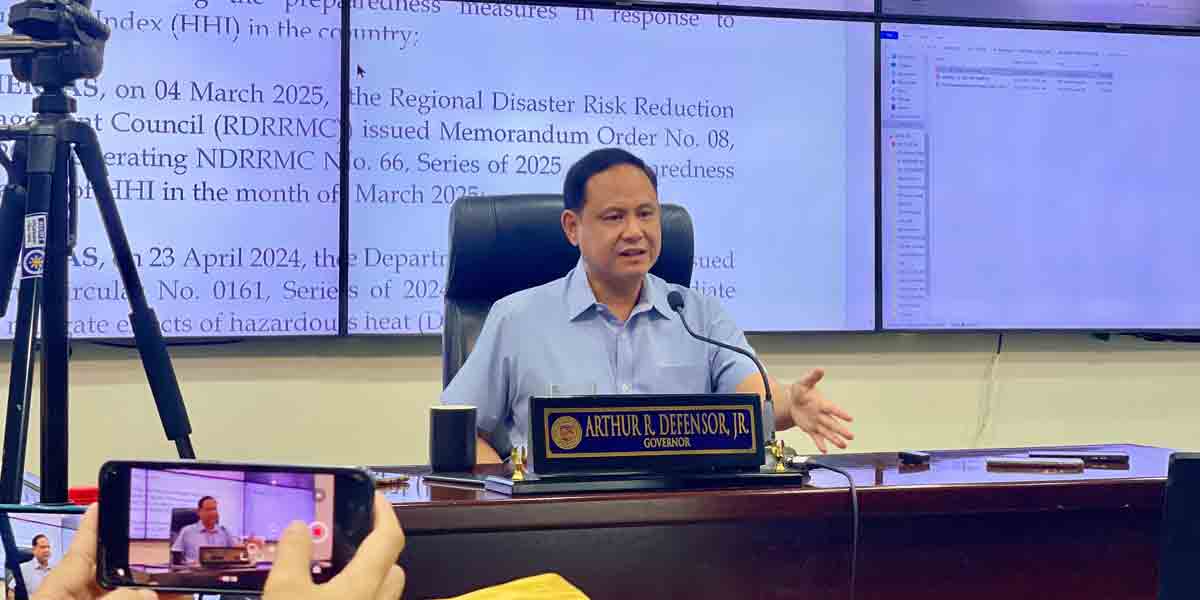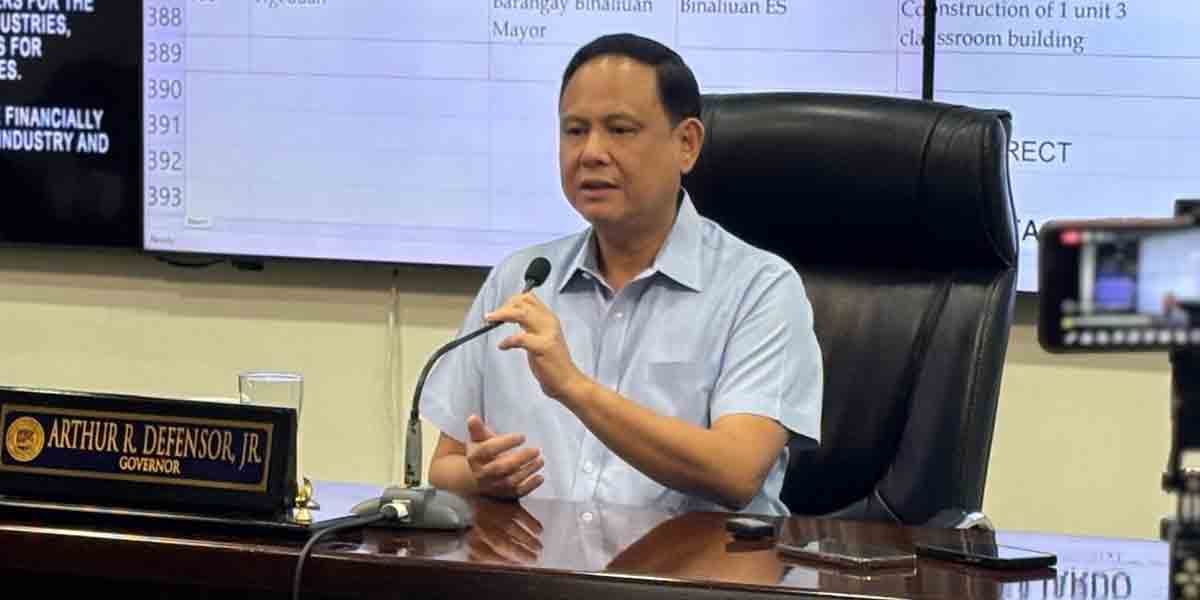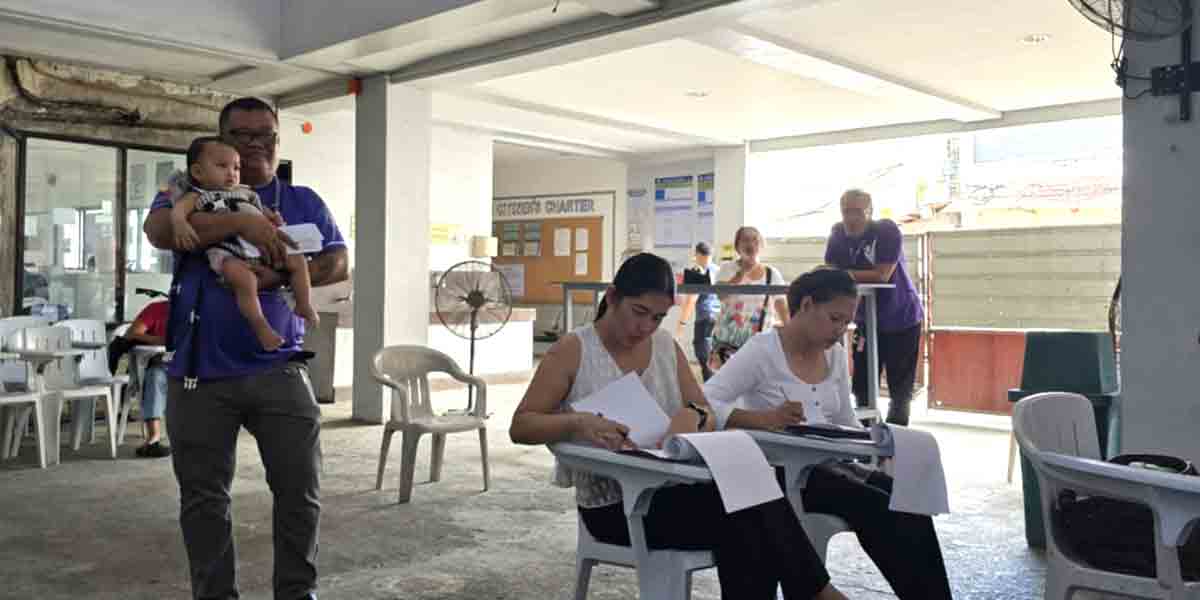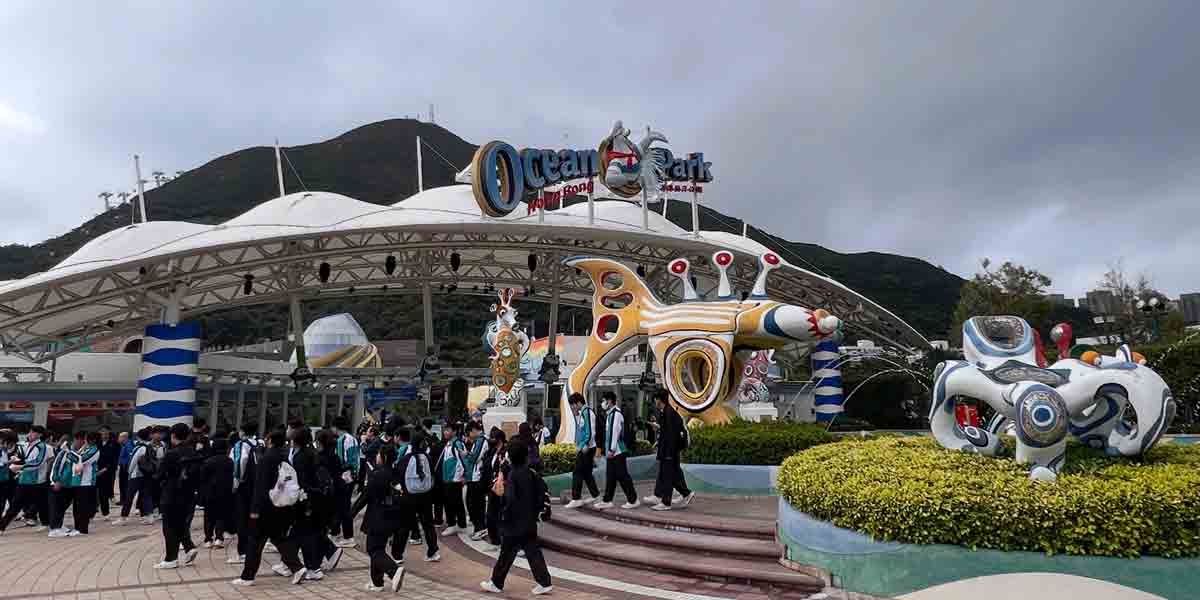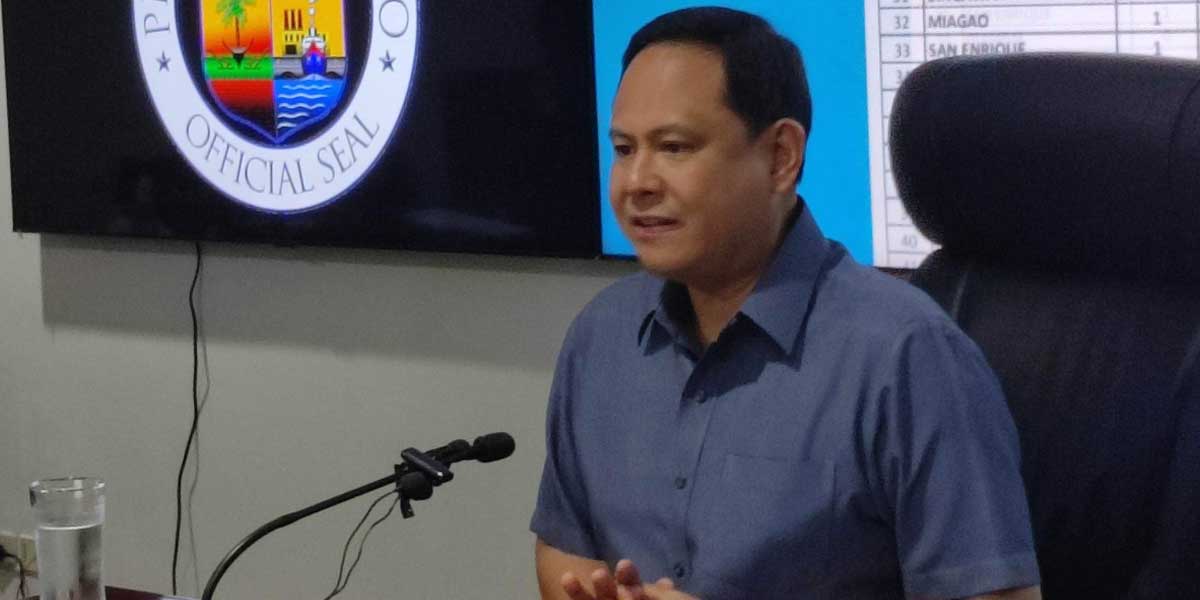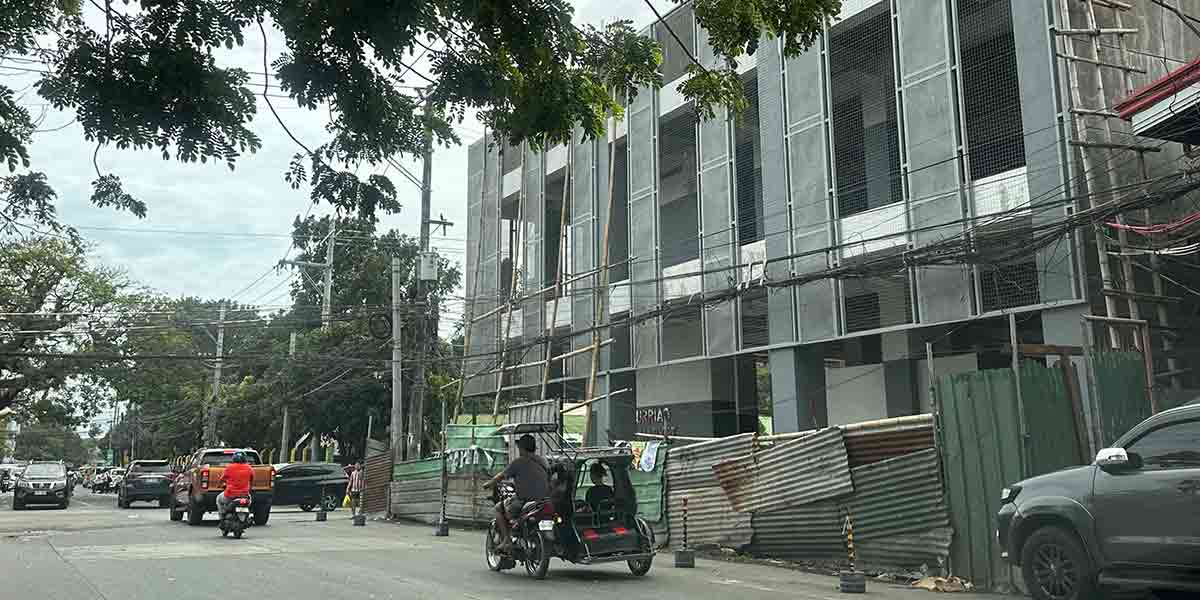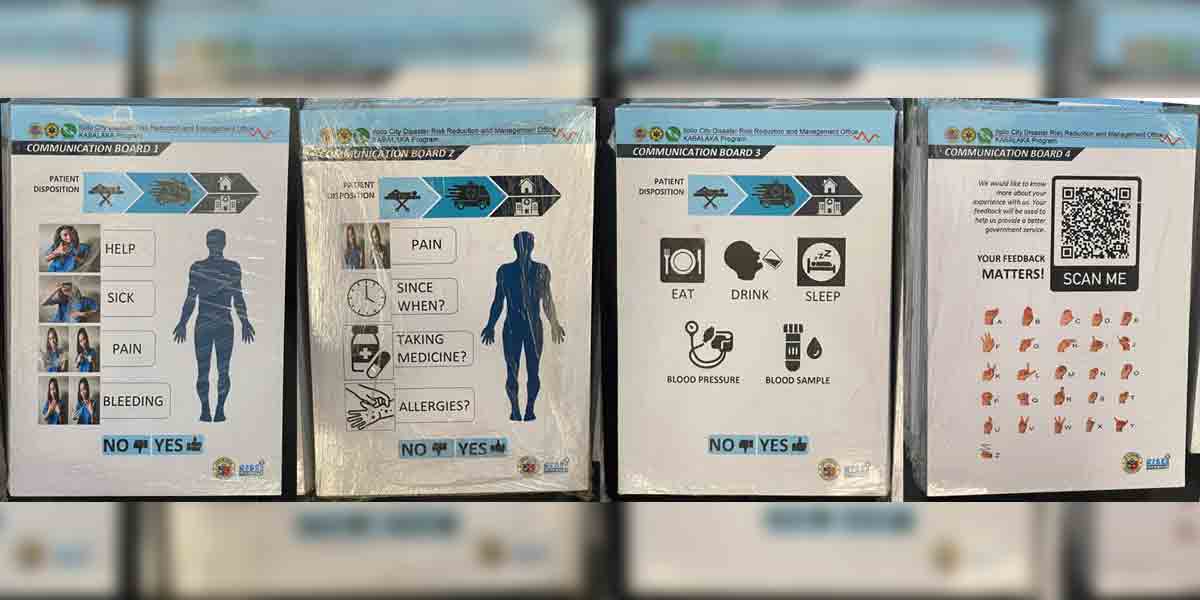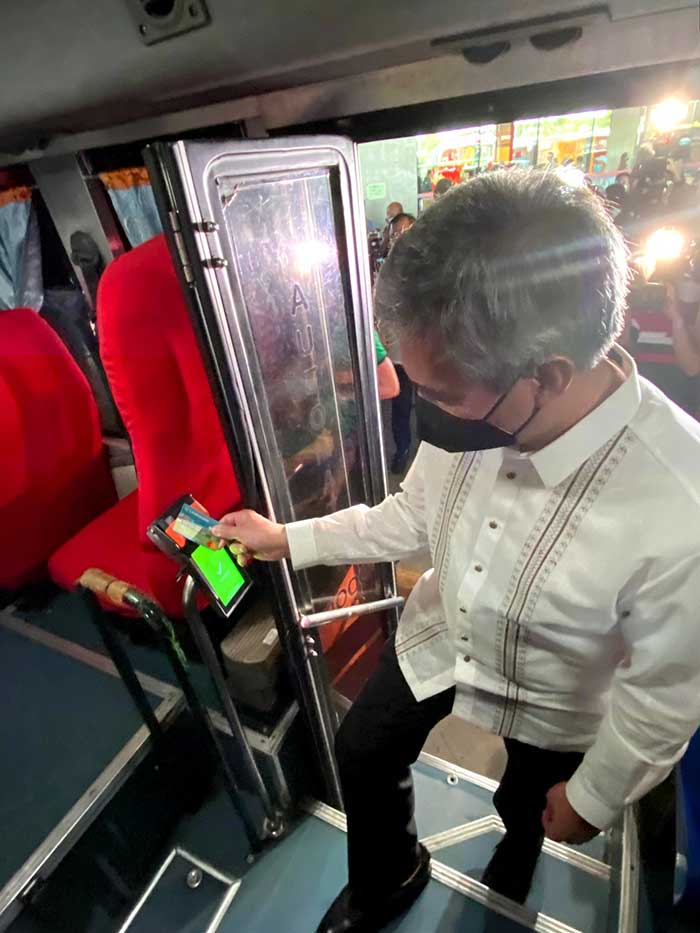
The Automated Fare Collection System (AFCS) will bring comfort and convenience to the riding public, while pushing the country’s land transport and establish a cashless payment method in modern public utility vehicles (PUVs), Transportation Secretary Jaime Bautista said Thursday, 1 September 2022.
According to Secretary Bautista, the AFCS will help the country’s transportation system will elevate the country’s transportation system become at par with other countries.
“The institutionalization of the AFCS will bring us closer to the goal of achieving global standards in cashless payments when commuting, following the norm in many other countries that have long been using this system,” Secretary Bautista said in his message delivered by Department of Transportation (DOTr) Undersecretary for Road Transport and Infrastructure Mark Steven Pastor during the pilot production testing project for the Automated Fare Collection System (AFCS) Europay-Mastercard-Visa (EMV) at the Parañaque Integrated Terminal Exchange.
According to Secretary Bautista, with modern technological advancements, Filipino commuters have seen the benefits of automated fare collection in PUVs.
“I would like to believe that the majority of our commuters, not just here in Metro Manila, have overcome the reluctance to embrace technology in our mass transport system because they have seen the significance of technological advancements to ease their commute,” he explained.
“The introduction of the AFCS EMV PPT will push further our aim to establish a cashless payment in our modern PUVs since this will be the basis for the promulgation of a comprehensive policy for convenient and safe cashless payments and a tool for evidence-based transport planning,” he added.
An initiative of the DOTr, the AFCS pilot production testing seeks to verify the entire AFCS under a real-time operating condition as well as the major functionalities of the country’s transit system, and establish end-to-end AFCS processing and acceptance of EMV compliant contactless cards as a transit payment instrument.
The AFCS, which allows the convenient use of EMV-compliant contactless credit, debit and prepaid bank cards as cashless payment instruments in public transport modes, will be tested under a real-time operational condition in preparation for its full and commercial implementation.
The project will be piloted with participating 150 PUVs in the National Capital Region, Central Luzon, CALABARZON Region, and Central Visayas.
Land Transportation Franchising and Regulatory Board (LTFRB) Chair Atty. Cheloy Garafil stressed that the DOTr’s Public Utility Vehicle Modernization Program (PUVMP) is focused on interconnectivity and convenience for commuters by centralizing payment in modern PUVs .
“As part of the PUVMP, they have seen it aims to centralise payment not only in modern PUJ but often other modes of Public transportation, establishing interconnectivity for the convenience of the commuters,” Chairman Garafil said, adding that the cashless payment option will eliminate the transmission of the COVID-19 virus.
Landbank President and CEO Cecilia Borromeo, for her part, said the state bank supports the initiative.
“The LandBank extends our steadfast support for this project, through the smooth implementation of interoperable, cashless, and contactless payment system in the public utility vehicles,” said Borromeo.


